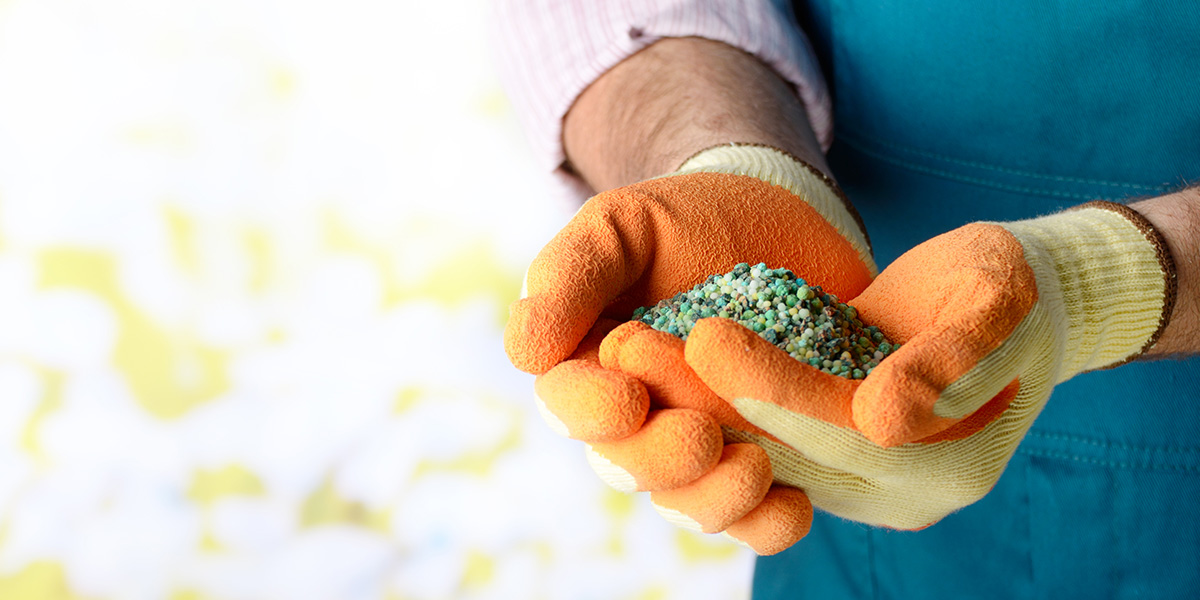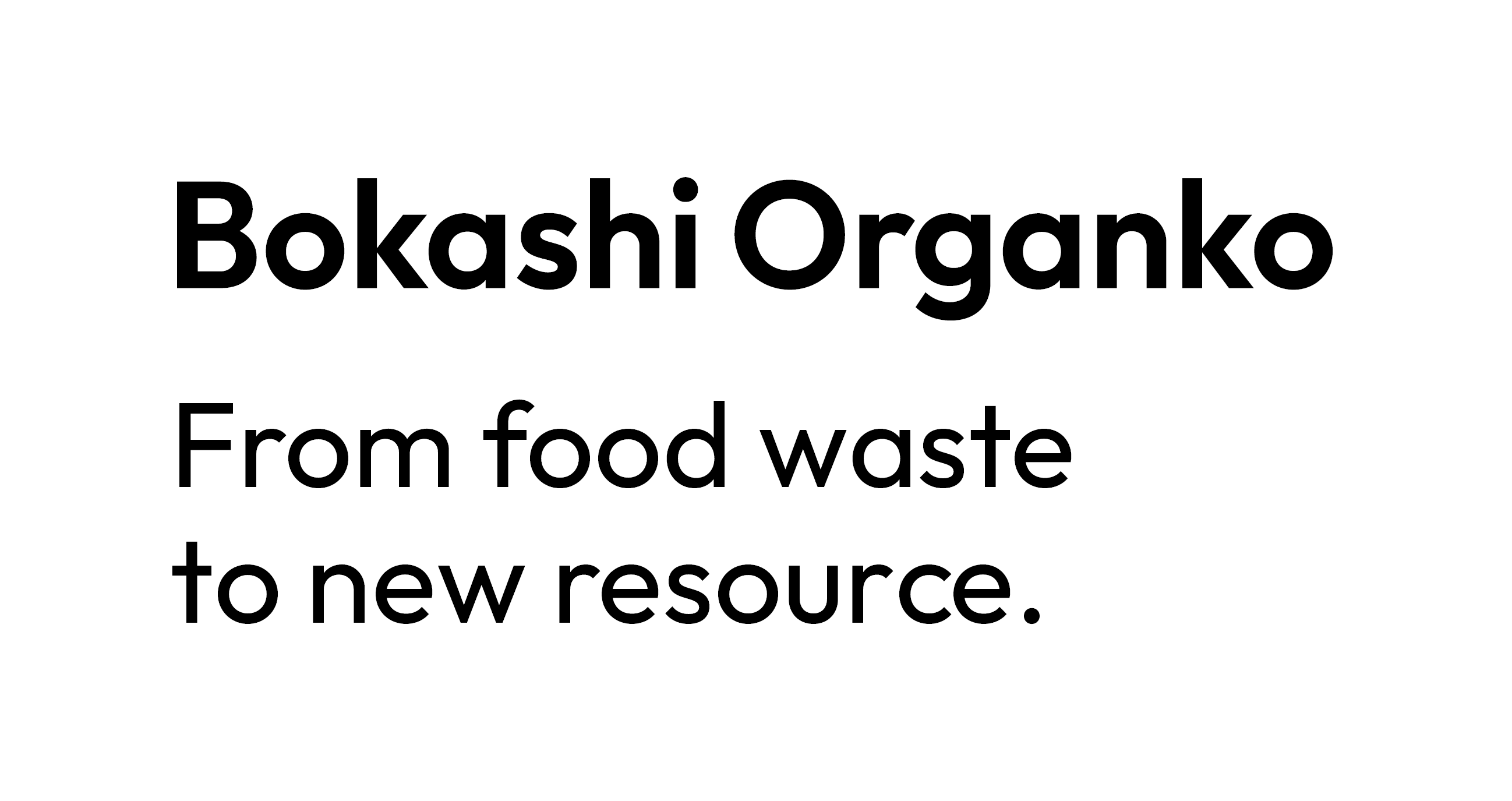Ever since the industrial revolution, people started heavily relying on machines and man-made artificial materials, including artificial fertilizers. The latter has been used all over the world over the last 70 years. In the short run, it all seemed like a great idea. However, like most shortcuts, things started to backfire - enhanced global warming, depleted soil, harmful foods, disrupted ecosystems, etc. Unfortunately, humanity doesn’t have tangible solutions for all these problems yet. However, when it comes to soil restoration, natural fertilizers are definitely one of the keys. As such, we want to present you with 10 compelling advantages of natural fertilizers.
We already wrote about the advantages of composting. However, we will now ensure you all know the differences between natural and artificial fertilizers. Then, we will list the main advantages of natural fertilizers. Moreover, we will also tell you about the best organic waste handling method, which also provides you with your own natural fertilizer.
The Main Difference Between Natural and Artificial Fertilizers
This comparison could be very extensive, but we decided to keep things as simple as possible. As such, let’s focus on the key difference between the two types of fertilizers. So, the main distinction between natural or organic fertilizers and synthetic or artificial fertilizers lies in their target. When it comes to artificial fertilizers, they focus on providing nutrients to the plants growing from the soil. On the other hand, organic fertilizers feed the soil instead. And, while feeding the plants might seem like a great shortcut, it depletes the soil and is not sustainable in the long run.
Moreover, the basic nutrients in both types of fertilizers are normally nitrogen (N), phosphorous (P), and potassium (K). Hence, the packages of artificial fertilizers often list the “NPK” ratio. However, although both organic and synthetic fertilizers have the same basic elements, the origin of these basic minerals plays a very important role. Man-made compounds, like ammonium phosphate and potassium sulfate, offer lower-quality minerals. On the other hand, N, P, and K in natural fertilizers come from manure, compost, and blood meal. As such, they are way more precious.
In case you still think that artificial fertilizers are a good choice, we encourage you to watch the Kiss the Ground documentary. Woody Harrelson goes the distance to show you the damage man-made artificial fertilizers have done to agriculture and our planet. Fortunately, he also shows the tangible solutions - and exploiting the advantages of natural fertilizers is one of the keys. In addition, it turns out that proper farming also captures and reduces the existing increase in CO2 in the atmosphere (drawdown).
 Main advantages of natural fertilizers
Main advantages of natural fertilizers
We know that changing habits, such as stopping using artificial fertilizers, can be hard. As such, we need strong arguments to help us do the right thing and power through the resistance to change. And this is where the following advantages of natural fertilizers can serve as a great motivation. So, here are the main advantages of natural fertilizers:
- Natural fertilizers balance the soil ecosystem as such soil remains fertile in the long run.
- Organic fertilizers boost the health of plants in a natural way.
- When using natural fertilizers, there’s no fear of adding artificial ingredients to the soil.
- When we use organic fertilizers, we can decompose organic material for quality composting process. Decomposition can go down the right path without chemical intervention.
- Natural fertilizers enhance the balance of the soil instead of upsetting it - they don’t leave behind any artificial compounds.
- With natural fertilizers, you get to deliver nutrients slowly and sustainably.
- When using organic fertilizers, it is very easy to avoid over-fertilization, which is often the case when using synthetic fertilizers.
- Natural fertilizers are rich in beneficial microorganisms (a.k.a. effective Microorganisms [EM]) that make organic farming possible.
- Organic fertilizers enhance soil and plants’ immune systems, making crops more resistant to adversity.
- Natural fertilizer can be easily made by anyone.
How to exploit the advantages of natural fertilizers easily
The last point above points out that anyone can make natural fertilizer. And while there are various recipes and ways to go about this, there’s one method that really stands out - using bokashi fermentation liquid. This bokashi juice is available to anyone using the bokashi composting method to responsibly manage organic waste as a side product. It turns out that this type of composting is the most efficient, environmentally friendliest, and user-friendliest. Moreover, it can be easily done by using indoor composters, which makes bokashi composting suitable for rural and urban dwellers alike. Furthermore, when you use high-quality bokashi composters, you get to collect the bokashi juice easily. Then you just need to dilute it with water in a 1:200 ratio and have your natural fertilizer ready. As such, you can easily implement all of the above-listed advantages of natural fertilizers.
If you want to learn more about the bokashi liquid - how to make it and use it properly, we encourage you to check out the USE phase of the Bokashi Academy. Moreover, there you’ll also be able to learn about our in-house case study, where we used Allium cepa to determine the best ratio between bokashi juice and water to get the most beneficial natural fertilizer.
 Going beyond the advantages of natural fertilizers
Going beyond the advantages of natural fertilizers
Nonetheless, we must point out that using bokashi composting to access the advantages of natural fertilizers is just one of the aspects why we believe everyone should use this method to manage organic waste responsibly. After all, organic waste represents over one-third of all municipal waste. Hence, this neat way of reducing the amount of organic waste by 25% and helping it turn into new resources is an absolute no-brainer. As such, we really encourage you to learn more about this sustainable method and how you can help close the #bokashiloop. We look forward to seeing you on the other side.


